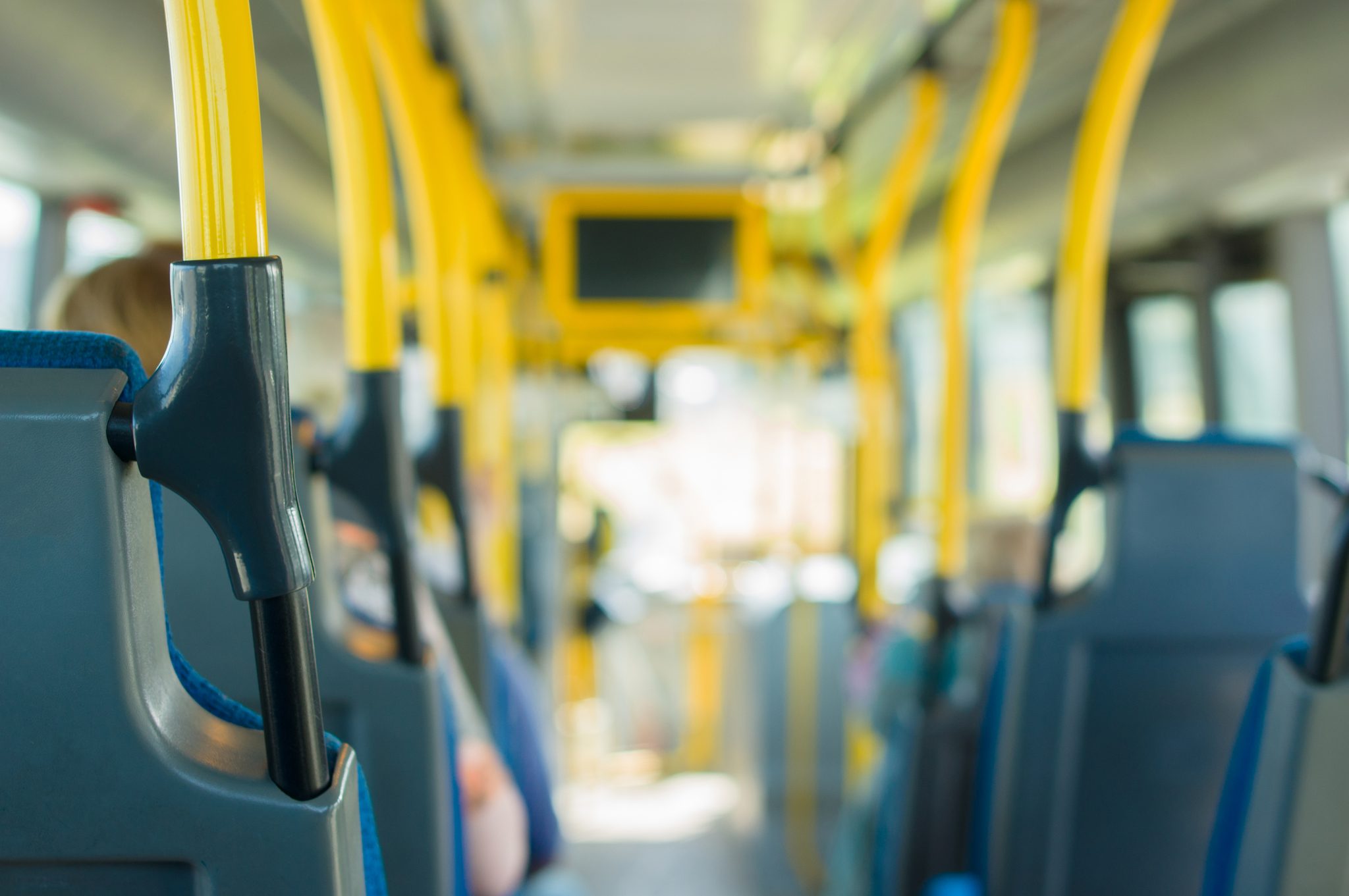The McKell Institute report further underscores the underinvestment and neglect of our public transport system for many years, which has constantly fallen short of community expectations, and most importantly is falling short of its core function: getting Tasmanians where they need to go, when they need to be there.
TasCOSS CEO, Ms Adrienne Picone, said a well-functioning public transport system was critical in enabling Tasmanians to fully participate socially and economically.
“Many Tasmanians tell us that public transport is simply not an option, because there’s a lack of services where they live or the services are so unreliable they don’t even bother,” Ms Picone said.*
“For too many years, governments have not adequately invested in public transport and the results are there for all to see.
“We need a government squarely focussed on reliability and accessibility of services. The McKell Institute report echoes what Tasmanians tell us — services into areas of socio-economic disadvantage are particularly poor. We echo the report’s call to address lack of services in these areas.
“Importantly, public transport, and in particular bus services, must be accessible for people most vulnerable to transport disadvantage, including young people, students, people with disability and older Tasmanians.”
Disability Voices Tasmania Executive Officer, Mr Vaughn Bennison, said transport infrastructure is vital to the enablement of people with disability people to access work and leisure activities, medical and other appointments, and the ability to provide and receive peer support to friends, family and others in the community.
“Metro Tasmania’s Disability Action Plan wound up in September 2022, but despite some consultation there is no new plan,” Mr Bennison said.
“More than 20 years since the implementation of the current Transport Access standards and we are still hearing of problems. People missing work appointments because they are left waiting for hours at the airport for assistance, or left out in the cold and rain because a wheelchair accessible taxi is not available.
“We need better training for operators, better compliance with the standards and stronger penalties for non-compliance, as well as greater accountability by government.”
Ms Picone said TasCOSS and Disability Voices Tasmania call for the parties to look closely at solutions to ensure public transport is accessible, reliable and convenient.
“It’s long overdue for Tasmanians to have a public transport system that is properly resourced and designed to get Tasmanians where they need to go,” she said.
TasCOSS, with the support of Disability Voices Tasmania, is calling for:
- Free public transport for students, seniors, concession card holders and people on low incomes.
- Fast track public transport access and inclusion measures, including: updating Metro Tasmania’s Disability Action Plan; expanding the Transport Access Scheme to rideshare companies; accessible, real-time travel information; and bus stop upgrades to comply with the Disability Standards for Accessible Public Transport 2002 and the Disability Discrimination Act 1992.
- Expand the public transport network in consultation with communities, prioritising areas of high transport disadvantage.
* Anglicare Tasmania (2023), Trips Not Made.

